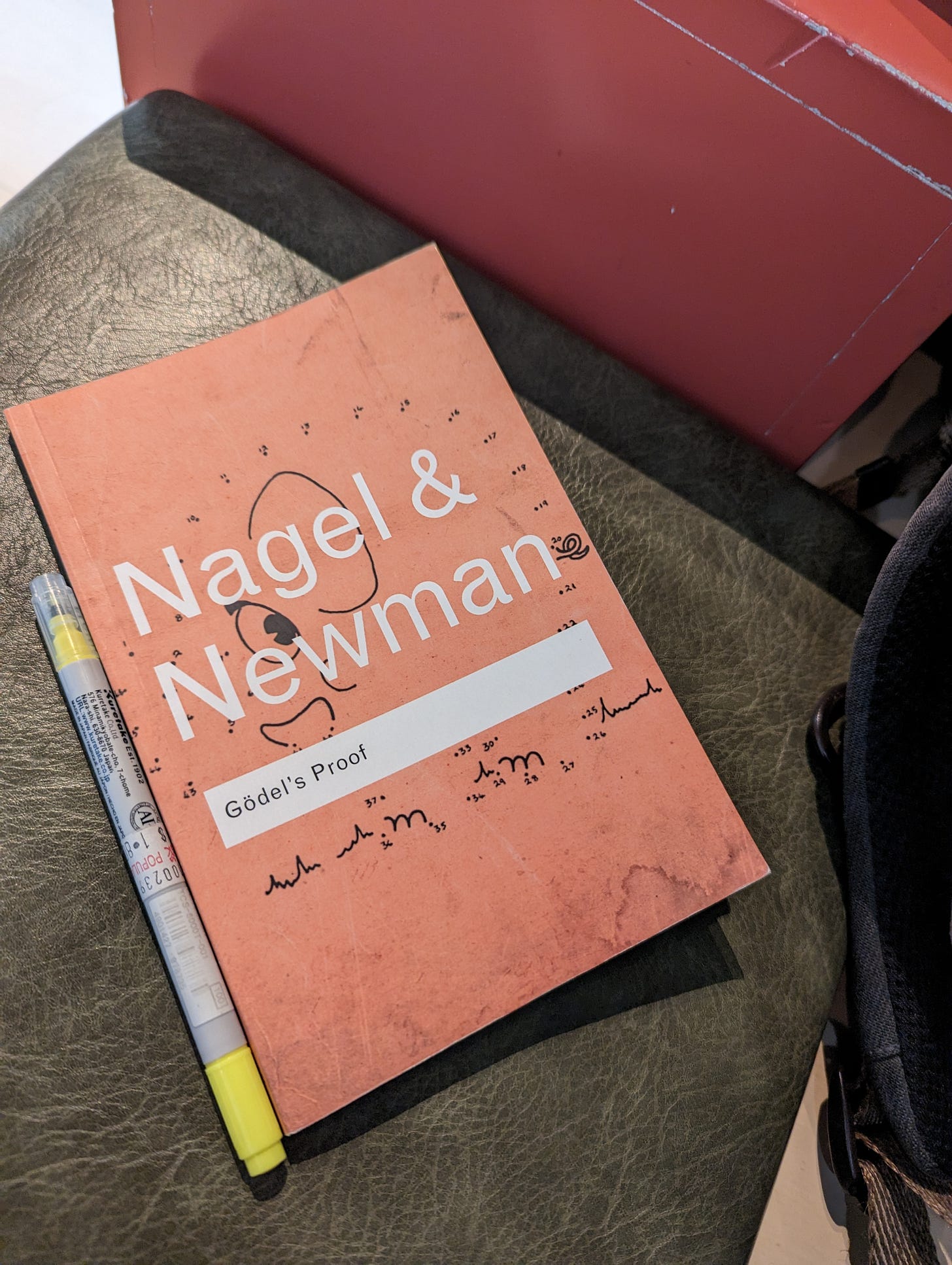It is not often that a book will rekindle a interest in a subject be that you love long ago.
This really thin book makes me want to do math again.
It brings me back the joy through the beauty of logic and the elegance of math.
This reminiscence also sometimes make me regret spending my high school time chasing skirts and playing pool (thou that may have included some geometry as well) instead of working on my advance math module and ultimately dropping out of the class due to laziness.
The beauty of math is that one could dwell into the esoteric of playing with concepts that can never be experienced in this world. The history on philosophy of math also makes this book doubly interesting. The ability of the mind to think of things that they could not see and build elegant model through imagination continues to fascinate me.
The book starts with the how the Greek used the "axiomatic method" to develop geometry in a systematic manner. As young mathematician, we are taught to assume that each sector of mathematical thoughts can be supplied with a set of axioms sufficient to develop the true propositions about an area of inquiry.
Godel's incompleteness theorem just tell us that could not be possible as axiomatic method has certain limitations and that even arithmetic of integers could never be fully axiomatised.
I particularly enjoyed going through the concepts of
Euclidean geometry to Riemannian geometry
the transition from Hilbert's effort to Gödel's proof
the establishment of Gödel numbering
the arithmetic of meta-mathematics
to the Gödel's argument for incompleteness
There is no way to justify the joy I had experienced in the past 3 hours.
If you feel like geeking out over math without too much math (workings) in between, then this is the book for you.
